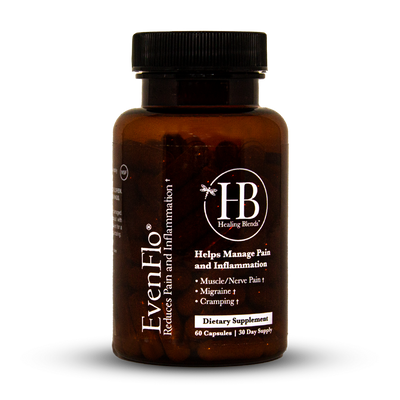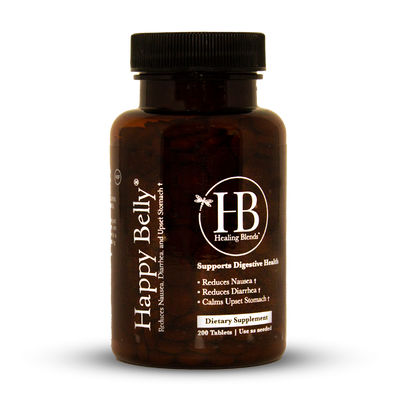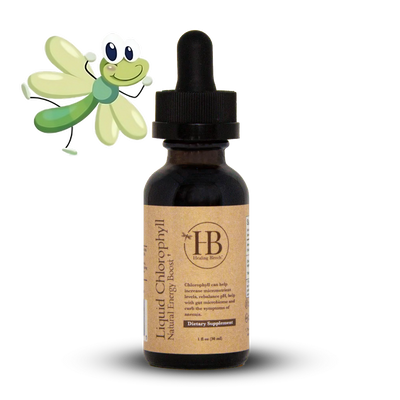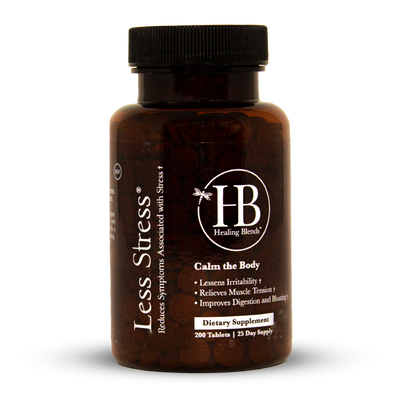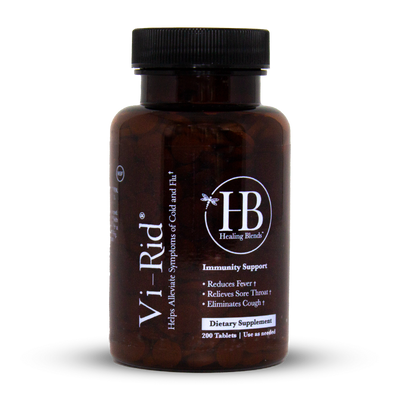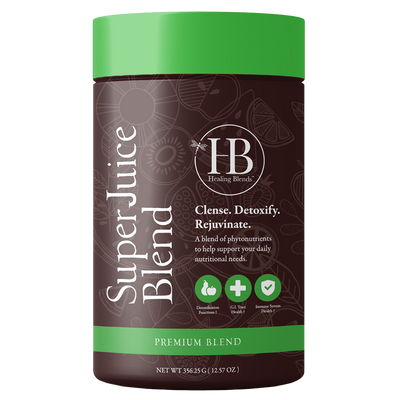Acute Chest Syndrome Sickle Cell: Causes, Management, Care for Infants & Adults.

Acute Chest Syndrome (ACS) is a condition commonly encountered by patients with Sickle Cell Disease. This is a serious issue that often presents as chest pain among adults, children, and infants.
Fever, cough, fast breathing, low blood oxygen level, excruciating pain, and sputum production accompany the condition.
Chest X-ray of patients shows opacity of the lung which is associated with the presence of infection and inflammation. ACD requires immediate medical attention since it can rapidly progress to severe respiratory issues and even result in death, if unattended.
What is Acute Chest Syndrome in Sickle Cell Patients?
To better understand Acute Chest Syndrome, you need to first know the problem surrounding Sickle Cell Disease (SCD).
SCD is a genetic disorder involving the inheritance of a gene that causes the red blood cells to sickle or assume a crescent shape. Normally, red blood cells are disc-shaped and flexible enough to move through tiny blood vessels.
With SCD, patients produce a type of hemoglobin called the hemoglobin S. This hemoglobin causes the cells to sickle and become rigid. Since they do not bend when passing through small blood vessels, they can block the blood flow in various areas of the body, depriving the organ of oxygen, and causing serious problems, one of which is the Acute Chest Syndrome.
Acute Chest Syndrome in sickle cell patients may develop from either a blockage in the small blood vessels in the lungs or it may occur during a sickle cell crisis.
What Causes Acute Chest Syndrome in Sickle Cell Patients?

ACD can be aggravated by infection or asthma and these conditions lead to inflammation and reduction in the circulating oxygen. Hypoxia or low oxygen levels worsen the sickling of the red blood cells (RBC’s), making the occlusion of the micro blood vessels even worse.
As already stated, the other reason behind Acute Chest Syndrome (ACS) is a Sickle Cell Crisis.
Sickle cell crisis is a painful episode that happens when the crescent-shaped red blood cells block the small blood vessels supplying organs like the bones and muscles.
This crisis leads to the death of tissues and causes fats to move to the venous circulation. As more of the free fatty acids remain in the blood, they initiate a pro-inflammatory state causing tissue injury. The lung occlusion and the proinflammatory state lead to life threatening conditions that need immediate treatment.
Acute Chest Syndrome vs. A Crisis Episode: What’s the Difference?

Acute Chest Syndrome affects the lungs while a crisis episode may affect any part of the body where the blood vessel has been blocked.
This condition is referred to as acute vaso-occlusive crisis since the sickled cells create an obstruction within a blood vessel. During the crisis, there is pain, weakness, and swelling in the affected organ. This can last for a few hours to several weeks depending on the severity of the blockage.
Sickle cell crisis is often triggered by dehydration, difficult exercise, extreme temperature, or strong emotions.
Repeated crisis episodes often lead to ACS. Patients suffering from ACS experience hypoxia, infection, fat emboli in the lungs, and tissue death. With local hypoxia in the lungs, more RBCs sickle and this sets up a vicious cycle triggering debilitating, chronic lung disease, prolonged hospitalization, and higher risk for respiratory failure.
Risk Factors for Acute Chest Syndrome:
There are several long term complications that accompany ACS, especially in Sickle Cell patients.
In fact, ACS is the leading cause of mortality among patients with SCD. Statistics also show that around 10% of patients develop ACS every year.
Due to the cycle of hypoxia, sickling of red blood cells, and vaso-occlusion, patients with Acute Chest Syndrome may eventually suffer from multi-organ failure. This will primarily involve the heart, lungs, kidneys, and the liver.

Pulmonary embolism also happens when a blood clot gets dislodged from one body part and travels to the lung, causing a block in the blood flow of the organ. Pneumonia and infections are very common respiratory complications among patients.
Another long-term complication of ACS is called cor pulmonale, a condition characterized by right-sided heart failure. The condition is caused by the unusual blood pressure build up in the pulmonary arteries. There is also a strong association between stroke and ACS especially when the brain becomes deprived of oxygen.
Other complications that patients encounter include chronic pain, slow growth among children, impaired fertility, psychological stress, and mental problems like depression.
How Does ACS Impact Life Expectancy of Patients with Sickle Cell Disease?
Patients with sickle cell disease face several challenges.
Acute Chest Syndrome in sickle cell disease can reduce the life expectancy of most patients if prompt treatment isn’t provided.

National median expectancy for people with SCD is 47 years.
This can be lower if ACS is unmanaged. But thanks to medical management and treatment, many of the patients can live as long as an average healthy individual, as long as appropriate care is given and conditions that worsen the sickling of red blood cells are prevented.
Acute Chest Syndrome in Sickle Cell Children

Acute Chest Syndrome in patients with SCD is not restricted to adults.
Around 50% of children suffering from SCD experience the condition. In fact, ACS can be more challenging for them because of the difficulty in communicating pain.
For parents, some warning signs include cough, chest pain, fast breathing, wheezing, and fever. Since these symptoms closely resemble a regular respiratory infection, it is always best to see a doctor when a child is experiencing any of these.
ACS in children may lead to permanent damage to vital organs that can affect their ability to speak, walk, learn, and perform daily life activities.
How to Reduce Chest Pain in Children with Sickle Cell Anemia?

Since pain is the most important issue for children suffering from Acute Chest Syndrome, management is crucial. The throbbing pain is accompanied by tenderness and redness in different areas which may start as early as 6 months and continue throughout their lives.
While there are several treatments available for SCD like the use of pain medications, intravenous and oxygen therapy, and bone marrow surgery, these can be invasive, expensive, or pose long-term complications.
One of the best ways to manage sickle cell disease in both children and adults is to go for the natural alternatives. Several studies have noted that zinc supplements given in higher dosage among patients with SCD show positive effects on their health.
Clinical trials show a decrease in the number of sickled cells and a reduction in the frequency of infection. There is also evidence that despite their condition, children under zinc supplementation are able to maximize their growth and experience less hospital admissions (1,2).
Several mechanisms explain the usefulness of zinc supplementation in the management of Acute Chest Syndrome in sickle cell disease.
First, the mineral prevents calcium leakage from a sickled cell and reduces cell adhesion molecules. These actions decrease the sickling pattern of red blood cells and prevent vaso-occlusive pain crisis.
Zinc also blocks the essential pathway needed for many pathogenic bacteria to survive.
Another natural way to deal with chest pain in children with sickle cell disease is to consider natural supplements like Evenflo Jr.
The product contains powerful herbs like White Peony, Cordaylis, Dong Quia, and Rehmannia which are scientifically proven to naturally reduce pain, improve blood circulation, and prevent inflammation.
Patients who take Zinc and EvenFlo together have reported significant improvement in their health condition. This powerful duo has been a natural way to feel better and stay healthy despite this debilitating condition.
How to Prevent Acute Chest Syndrome in Sickle Cell Patients?

Prevention is the most important concept when it comes to long-term care for Acute Chest Syndrome. While SCD is a genetic disorder, there are lifestyle modifications that can help manage the condition.
1. Build Lung Capacity.
There is an incorrect notion that patients with sickle cell disease are not supposed to do any exercise as this is too risky for them. Well, this is only true if patients do extreme and strenuous activities. Light to moderate exercises like yoga are actually beneficial for SCD patients. Breathing exercises can help build better lung capacity and meditation works in managing pain as well as anxiety and depression related to SCD.
2. Reduce Crisis Episodes & Pain.
3. Dose Up on Zinc
Take away
Acute Chest Syndrome in sickle cell patients is a serious condition that requires immediate medical attention. If this is left unattended, it can cause long-term complications and even death.
But despite its seriousness, people with Sickle Cell Disease can still take control of their lives. It only requires proper care management and the right, natural health supplements. Talk to your doctor about this to enjoy life to its fullest.
References:















